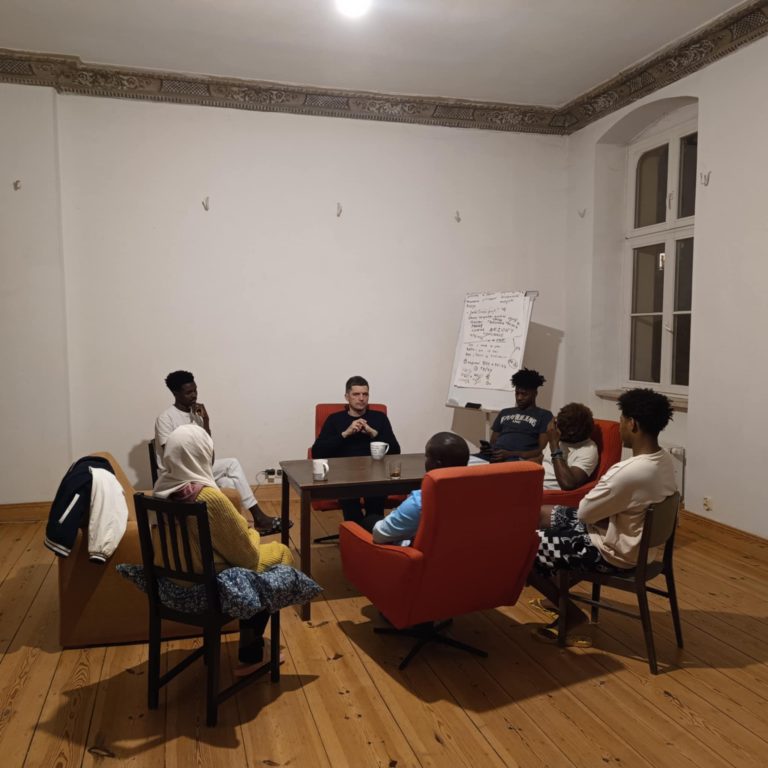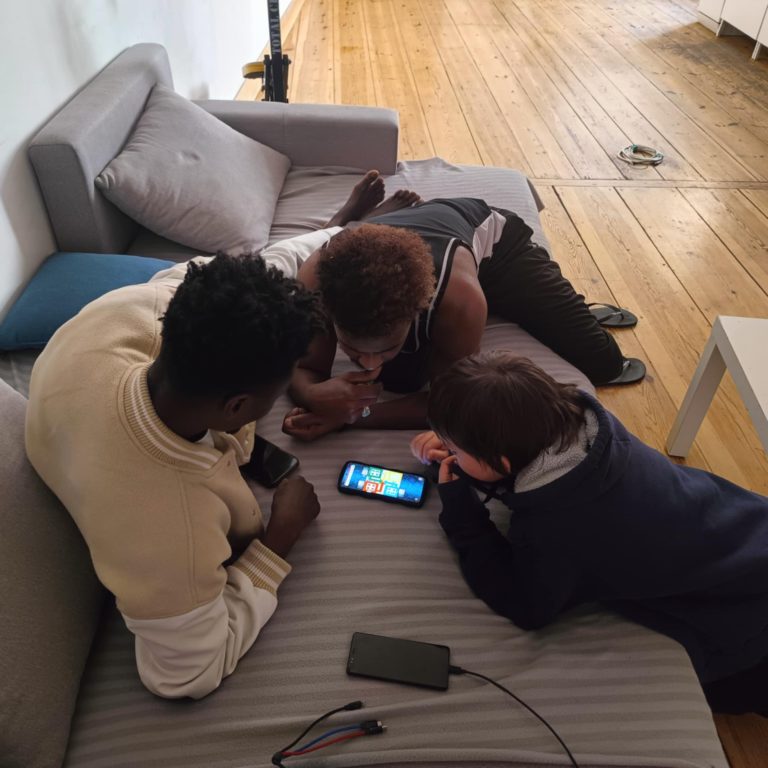SOCIAL PATRONAGE
Community Sponsorship
Community sponsorship, is a model known in many countries around the world in which local community groups are involved in the process of settling and integrating refugees and other persons in need of international protection. These programmes operate as a public-private partnership, involving diverse partners such as national governments, local authorities, NGOs and local communities. This approach fosters improved integration outcomes, strengthens local communities and expands pathways to protection.
Under this programme, sponsors can come from a variety of backgrounds, such as religious communities, businesses or other community groups, or they can be individuals who collectively form a sponsorship group.
Social patronage programmes are implemented in different countries such as the UK, Canada and Australia, adapting to local contexts and community needs. The common goal of these initiatives is to support refugees in building new lives and to promote solidarity and cooperation in host societies.

The role of patrons and matrons
- Providing information and assistance in accessing services: Patrons and matrons support refugees in navigating the education, health care and labour market systems, helping them to achieve self-reliance.
- Material support: In some models of patronage, people are expected to provide financial support, such as covering the cost of renting a flat or other basic living needs.

